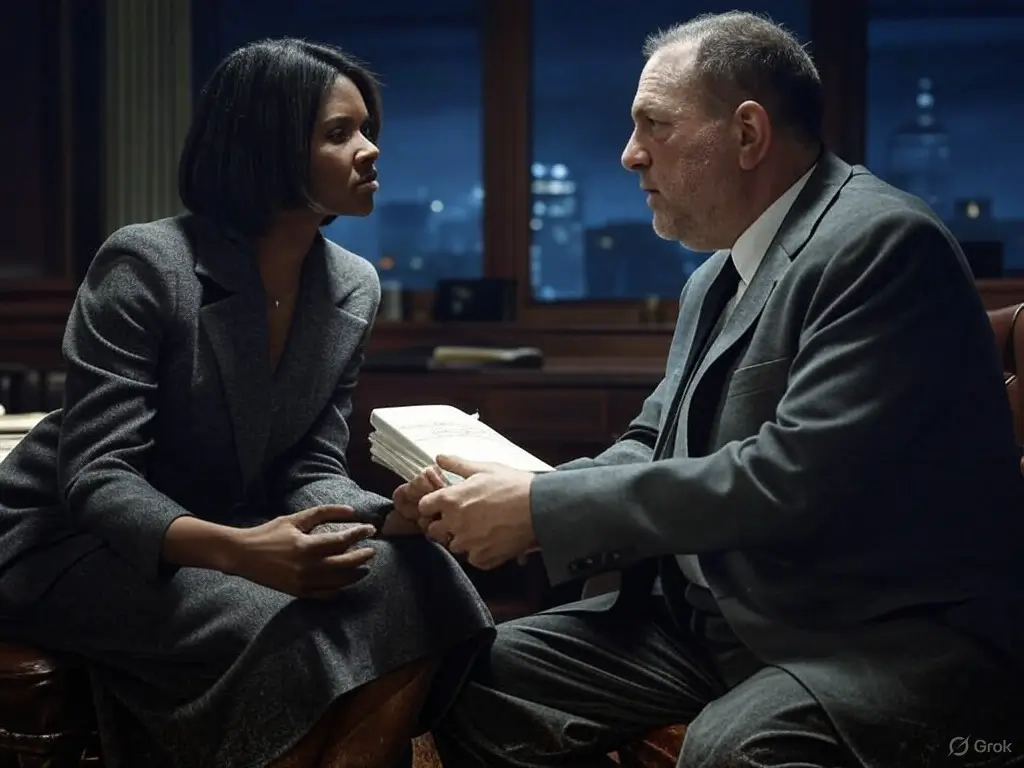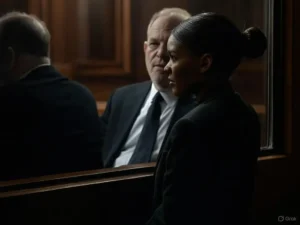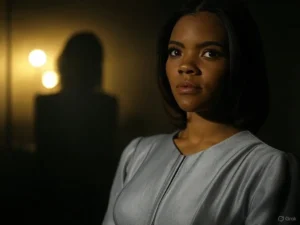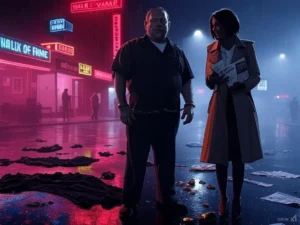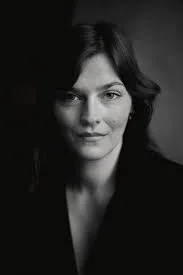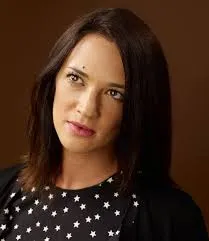The email correspondence between Harvey and Mimi which paints quite a different picture than what we were told in the media. Also, what led to his conviction being overturned in New York?
In episode 2, Candace shed light on why Harvey’s 2020 New York conviction was overturned in 2025 and the accusations from Mimi Haley, one of the key figures in the trial.
Owens starts with the trial itself, which she dubs a “kangaroo court.” Presiding Judge James Burke allowed three women to testify as “Molineux witnesses,” meaning they could share uncharged allegations against Weinstein to paint him as a predator.
These claims weren’t part of the case and didn’t need proof, just vibes. Worse, Burke ruled that if Weinstein took the stand, prosecutors could grill him on every unrelated misdeed, from sibling spats to hypothetical pencil thefts. The appellate court wasn’t having it.
Four judges voted to reverse the conviction, arguing this testimony had no real purpose beyond prejudice and trashed Weinstein’s shot at a fair defense. Burke’s bias was so blatant he lost his reappointment – a red flag for corruption, Owens suggests.
Then there’s Mimi Haleyi, who claimed Weinstein forcibly assaulted her on July 10, 2006. But Owens points to a timeline that doesn’t scream victim. The next day, Haleyi emailed Weinstein’s team to confirm a trip to LA, on his dime.
She flew out July 11, stayed at the Peninsula Hotel (Weinstein’s go-to spot), and met HBO exec Colin Callender, a connection likely from Harvey. Her calendar from that time? Hearts and flowers, not trauma. Two weeks later, on July 26, she met Weinstein again at the Tribeca Grand Hotel, admitting to sex she didn’t resist but didn’t want. The next day, she’s calling his assistant for London tickets, also funded by Weinstein. Months later, she’s emailing about missing him in London and pitching a “Trash TV” project with “lots of love.”
Owens asks: does this sound like fear?
Owens contrasts this with comments from real assault survivors, who say they’d never willingly contact their abusers, some panic at a whiff of familiar cologne.
Haleyi’s behavior, she argues, looks more like a transactional relationship gone sour, leveraged during #MeToo’s peak. Enter Gloria Allred, Haleyi’s lawyer, who Owens says is playing the PR game, pushing emotional press conferences to sway opinion since the courtroom didn’t deliver last time. Weinstein’s team calls it a ploy; he didn’t testify in New York or LA, so why would he now?
Owens doesn’t paint Weinstein as a hero, he abused his power and betrayed his wife, but she insists 20 years in prison doesn’t match the evidence. #MeToo, she argues, overreached, banking on public emotion over facts. The public isn’t as dumb as they think, and truth should trump tears.
What do you make of it? The case is far from settled, and the questions keep piling up.
